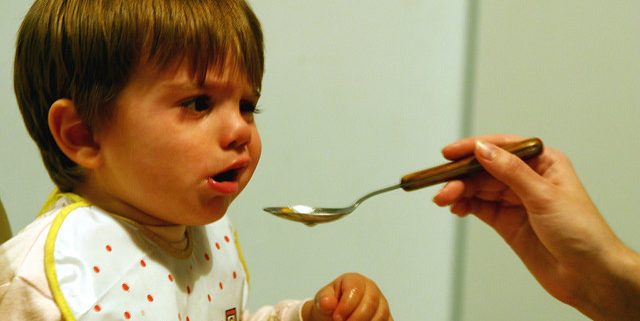Food Battles and How to Overcome Them Calmly.
Frequently I’m asked: What do I do about food for my young child? They are so fussy and won’t eat. It’s such a battle….
Young children refusing to eat food, and parents getting stressed about whether the child is getting enough – bet you’ve all been there… I know I have!
I’m a firm believer that most of the issues parents have re a child’s behaviour is linked to their stage of development (the child’s… not the parents!!) So, let’s look at it from a developmental point of view.
Around 14 months of age is when children learn to say, or indicate, the word: ‘no’. They will push away the bottle or spoon and refuse to take more. This is the beginning of their ability to make choices, and that’s a good thing. It is the beginning of their move toward independence. Children need to learn to make choices. And, just like us, sometimes they make ‘good’ choices and other times not. It is only though trial and error that we learn.
In the beginning, they often say ‘no’ when they mean ‘yes’, while they are learning these new words. This makes it super challenging for parents when they go to put the banana away (which the toddler just said No to) and then the toddler cries because he does want it, he just used the wrong word. Like many transitional times in children’s life, this is when they need extra understanding from us – even when it’s a challenging situation for us!
The other thing which is happening, is rapid growth, both in body size and brain development. Up till 2 years of age, children are growing quickly, and usually eat well to provide ‘fuel’ for their growth. Around 2 this rate of growth slows down considerably, and they don’t ‘need’ as much food as previously. This is when parents often notice that Sarah/ Dean isn’t eating much as before, and become concerned. You will find that children a bit older than 2 seem to eat less, than when they were younger than 2 – it’s normal!
And then developmentally we have action happening… 2 year olds are super busy people – there is always something new to explore or find out about, with all their new skills of language, curiosity, intellectual development, motor skills and so on. It’s ‘hard’ for them to find the time to sit still and eat! Parents often say, he doesn’t seem to eat all day. I suggest you get a couple of small plastic bowls or plates. In the morning put into each of them a selection of appropriate foods eg cherry tomatoes, a few rice crackers, mandarin segments etc. Place the dishes, in areas where the child plays. While the child is building with blocks he will notice and eat a tomato. A few minutes later he’s got his teddy and is feeding it a cracker, as well as taking a bite for himself. You’ll be surprised how much s/he does eat over the day. Children’s stomachs are small – they fill quickly, and empty quickly.
Picture this… you aren’t very hungry, and a cook dishes up a large portion of several different foods. Or, you aren’t hungry at all, and someone forces you to eat a meal – and demands that you sit there till we finish it – how would you feel? You and I know when we are hungry or overfull, based on the sensations in our stomach. Around two years of age children recognise those feelings of ‘hunger’ or ‘fullness’. When we ‘push’ our children to eat, we are basically saying: ’Ignore those feelings in your stomach (which are telling them they’re not hungry) and do it my way’. The same is true when we tell our children: ‘you can’t be hungry, you’ve just eaten’. Is that what you would want to be made to do?
So whose responsibility is food and eating?
After 2 years of age;
The parent is responsible for providing healthy appropriate food.
It is the child’s responsibility to eat, or not.
If the child doesn’t want to eat, don’t force them to. They will seek out food when they are hungry. As long as it’s healthy food, let them start to respond to their needs.
Children can only eat the food which is in the house. If you say that they will only eat biscuits, or only drink chocolate milk – ask yourself: Who bought it?
Ensure that you provide primarily, healthy food – which will help children to grow strong. Hungry children will eat what is available!
I understand that parents want to start teaching their children to sit at the table, eat when the family does, and they are great social skills to teach. Remember that your child is a ‘beginning learner’ of the social rules and that they need to learn over a period of time. With your calm manner it will happen.
Happy Eating!




